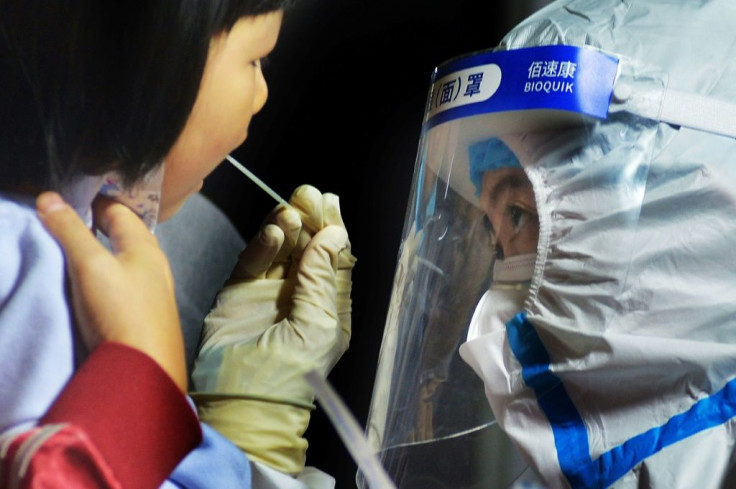Algorithm for COVID-19 Mass Screening May Cut Testing Costs

Fast detection of people infected with SARS-CoV-2, the virus that causes COVID-19, is key in managing the pandemic and preventing future outbreaks.
Currently, the gold standard in testing is the RT-PCR test. But this test can take time to show results and is very expensive, especially for low-income nations.
Researchers at the University of Edinburgh may have a solution: an algorithm (or set of rules) for mass testing called the “hypercube” algorithm. This algorithm can test many samples in a single process, reducing the screening cost. The algorithm can also detect a positive sample mixed in a batch of negative samples. Using such a model might save lots of money that could go to other ways to fight the pandemic.
Testing in Africa
Researchers tested this model in field trials in Africa. Investigators collected swab samples from participants, isolated tiny quantities from those samples, and tested them with other samples. The preliminary results showed this method could detect a single positive sample mixed with 99 negative samples.
Not only could this method lower the cost of testing, but it might also speed up the tracking of positive cases, benefitting communities and government agencies with limited budgets for testing. The model needs further testing in different situations. For example, it is being used in Rwanda to screen air passengers and in South Africa to regularly screen a rugby team.
"We hope our method will enable regular, cost-effective screening in multiple contexts. By doing so, it could be a game-changer in helping us to overcome the Covid-19 pandemic," said Neil Turok, PhD, a member of the team that developed the method, in a press release.
Pooled Testing
Different ways of mass testing for COVID-19 are being reviewed for safety and performance. The U.S. Food and Drug Administration (FDA) has encouraged the development of an effective, large-scale tool for screening people.
Pooled sample testing is one example of mass testing. The process involves mixing several samples in a batch that is then tested. If the batch tests negative, all the samples are considered negative. This method saves resources.
But there is a drawback: Pooled testing uses diluted total samples, which can affect the detection rate. According to the FDA, pooled testing may have more false negatives. That may work in areas with low cases of COVID-19, where more negative results are expected, but it can be an issue in areas with a high number of cases. The FDA recommends that pooled testing have at least 85% positive agreement with individual testing.
Why It Matters
Resources are scarce in different regions, due to COVID-19. Even if individual testing can be done quickly, it is costly if a person must be tested more than once. Mass testing may save money for governments, private companies and households. It may also prevent frequent and costly lockdowns in communities. With just one strike, an entire community may get tested for COVID-19 and isolate all those who test positive to prevent an outbreak. The decrease in citywide lockdowns lets people go to their jobs and earn an income while enduring the pandemic.
Ralph Chen is an enthusiast of medical topics and advanced technologies. When not writing, he spends time playing popular PC games.
Published by Medicaldaily.com



























